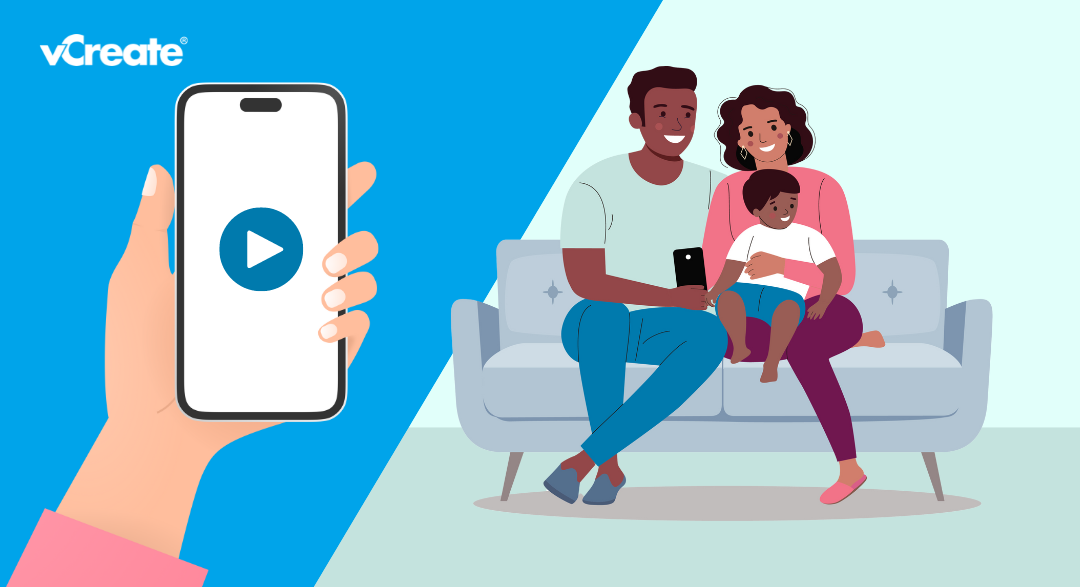Remote Care Options Help Minimise Patient Travel and Reduce Carbon Emissions
18 April 2024

Digital health is the use of information and telecommunication technologies to enhance healthcare services. The adoption of digital health services within the UK has significantly increased in recent years. The NHS’s 2022 plan for digital health and social care outlined its aims of embedding a range of digital technologies to prevent health and care needs from escalating, personalise care and reduce health disparities, improve the experience of service providers and transform performance.
Among the most expansive and developed area of digital health is telemedicine, which involves the remote diagnosis and treatment of patients through telecommunications technology. Offering remote care options has been shown to empower patients and enable them to take an active role in their own care.
While traditional healthcare pathways typically involve in-person appointments, often requiring patients to travel long distances to and from hospitals, telemedicine services allow patients to access care from the comfort and convenience of their own homes. This helps to avoid carbon dioxide (CO2) emissions.
vCreate is one service harnessing the universal presence of smartphones to provide remote care options to patients within neurology and general paediatrics services.
The clinical video management service allows patients/caregivers to share videos, photos and data with their clinical team for review. By accessing video footage remotely, clinicians can make a diagnosis, triage and refer patients to the right specialist, schedule appointments and investigations, adjust medications, or provide reassurance of ‘normal’ behaviours. Often, this circumvents the need for unnecessary clinic visits and disruptions to patients/caregivers’ daily lives.
This is especially important within general paediatrics, where patients can be easily overwhelmed by in-person appointments and may behave differently than they would in the home setting. Additionally, both paediatric and neurology patients may face significant challenges when it comes to travelling long distances, especially if they have mobility issues or require specialised transportation.
A 2022 Healthcare Improvement Scotland (HIS) report found that patients using vCreate were able to avoid an average of 24 travel miles per patient, with some patients avoiding up to 40 miles per unnecessary appointment prevented.
Service users interviewed for the HIS report valued the reduced need for sometimes stressful travel to appointments. They described how this can prevent the need to take time off work and school. “…one less hospital appointment is gold to us, it's less time off school, it's less time off work. It's not interrupting his daily life, it's not interrupting ours, it's 5 minutes out of my time to upload a video and wait.”
To date, clinical teams using vCreate have helped save an incredible 1 million patient travel miles and 300 tonnes of CO2. This is the equivalent of 40 laps around the earth!
To learn how vCreate could help you streamline your service and minimise unnecessary appointments, please contact us.
